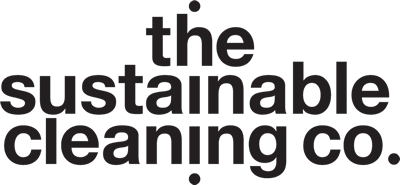Cleaner, safer, healthier.
For you and the planet.
What
is
sustainability?
A practice and philosophy.
Sustainability is about meeting the needs of the present without compromising the ability of future generations to meet their own needs. It encompasses practices and principles that protect the environment, conserve resources, and promote social and economic well-being.
Sustainability is a holistic approach that challenges us to consider the long-term impacts of our actions on the planet and society. It means using resources efficiently, reducing waste and pollution, and fostering practices that contribute to the health and vitality of ecosystems, aiming to create a balanced and resilient world where both people and nature can prosper in harmony.
Why should
we live sustainably?
It is imperative for the good of our future.
The current rate at which we are consuming our planet’s resources, and creating vast quantities of waste in the process, is damaging the environment beyond repair. Our future is looking bleak.
The resources that we rely on to live, such as good soil in which to grow nourishing food and clean water to drink, are the same resources that our planet relies on to maintain a healthy, flourishing ecosystem. New Zealand Māori culture recognises this intrinsic connection between people and planet and embodies the notion that we must be “caretakers” of the world around us in order to survive and thrive.
We must act now and adopt a significantly better approach to modern day life, so that we can correct our course towards a brighter future.
How
are we sustainable?
From top to bottom, inside out.
Sustainability isn’t just a buzzword in this company; it’s a way of life. Our commitment to circularity means that every aspect of our service delivery is rooted in sustainable practices.
Firstly we use a chemical-free approach to our cleaning. We also minimise plastic by predominantly using cloths and water, rather than relying on vast quantities of plastic-packaged formulas. The few sustainable, biodegradable formulas that we do choose to use are purchased in bulk and decanted into reusable spray guns. When our products come to the end of their lifespan, they are responsibly recycled which in turn keeps our waste footprint to an absolute minimum.
Unlike most cleaning companies, we prioritise efficient resource use and having a positive long-term impact on the planet. We are the future of cleaning.
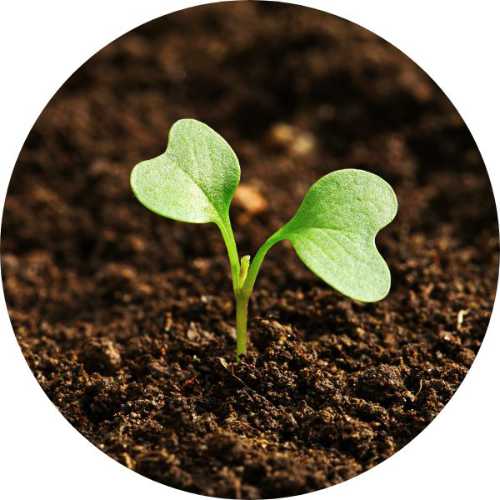
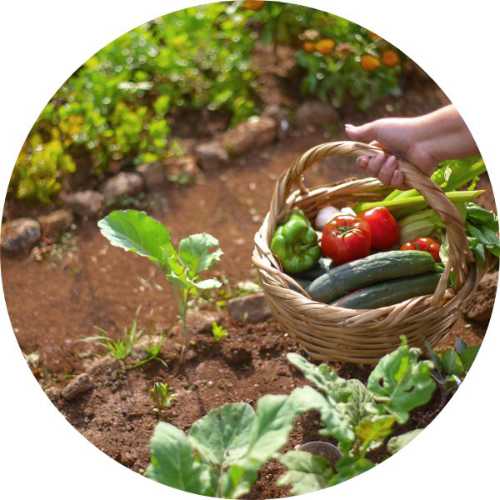
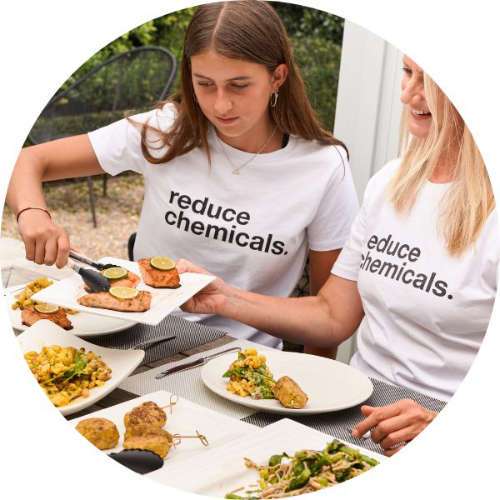
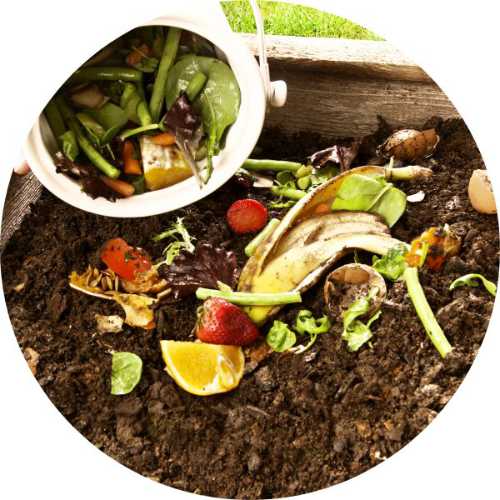




Composting is a great example of sustainability – we harvest fruits and vegetables for our nourishment, then return unwanted green matter back into the soil to reduce waste and replenish nutrients for future growth.
Sustainability vs. eco friendly:
Is there a difference?
While both sustainability and eco-friendliness aim to reduce environmental impact, sustainability is an all-encompassing approach that seeks to amend irresponsible decisions of the past and adopt best current practices which will achieve a better outcome for the future. Using innovative advancements, sustainability focuses on reducing environmental harm and waste creation throughout the entire lifecycle of a product or service. This includes responsible procurement, usage and ultimately, disposal.
Any waste generated by the product or service is not simply discarded. It is reduced, reused or recycled, sometimes over and over again. These actions combat resource depletion and landfill contribution, which, when done on a large scale, has the desired outcome of significantly minimising environmental harm.
Eco-friendly options, despite their limitations around circularity, have been fundamental building blocks in the necessary journey towards greater sustainability. We owe a lot to these options, as they have collectively taught us to “think green”, but now we are being called to rise to the challenge and take an even bigger step in this journey. Here at The Sustainable Cleaning Co. we are ready to do our part to help standardise sustainability in our everyday lives for the betterment of people and planet.
"Sustainability is meeting the needs of the present without compromising on the ability of future generations to meet their needs."
Our Common Future - United Nations
